New Delhi, November 21, 2025: UNFPA India, in collaboration with the FP2030 Asia-Pacific Regional Hub and the Gates Foundation, convened a high-level policy dialogue in New Delhi to examine India’s shifting demographic landscape and discuss the need for strengthened, evidence-led family planning policies. The roundtable brought together senior representatives from the Prime Minister’s Economic Advisory Council (EAC-PM), the Ministry of Health and Family Welfare (MoHFW), development partners, academia, and civil society.
The dialogue comes at a key moment for India, which now records a Total Fertility Rate of 2.0—below the replacement level—yet continues to face a 9.4% unmet need for family planning, affecting an estimated 47 million women. Participants emphasised that sustained investment and expanded access to quality reproductive health services remain essential.
Ms. Andrea M. Wojnar, UNFPA India Representative, said, “India stands at a defining moment in its demographic journey. With current fertility trends, focus must champion reproductive rights, choice, and the full continuum of reproductive health for all. This roundtable marks an important step toward shaping a future-ready, evidence-driven family planning agenda, one that places people, especially young women and those with unmet needs, at the centre of national policy and socio-economic development.”
Dr. Shamika Ravi, Member of the Economic Advisory Council to the Prime Minister, highlighted the importance of localised solutions, noting, “India is a diverse country, and this diversity demands precision policy making… There is no one-size-fits-all approach. To deliver real impact, we must localise our strategies and design interventions that respond to what is happening on the ground in each pocket of the country.”
Ms. Aradhana Patnaik, Additional Secretary and Mission Director, National Health Mission, MoHFW, said, “We must remember that family planning is not a women’s programme — it is a family programme… When couples share responsibility and decisions, we move closer to what truly matters: healthy mothers, healthy babies, and healthy families.”
Discussions throughout the day addressed expanding contraceptive choices, integrating infertility services, and improving reproductive health access for adolescents and young people. Speakers also underscored the need for policies that remain aligned irrespective of fertility declines, ensuring reproductive choice and quality services remain central to India’s development priorities.
The event concluded with a call for stronger collaboration between government, development partners, and civil society to ensure India’s family planning agenda continues to be inclusive, people-centred and responsive to evolving demographic needs.




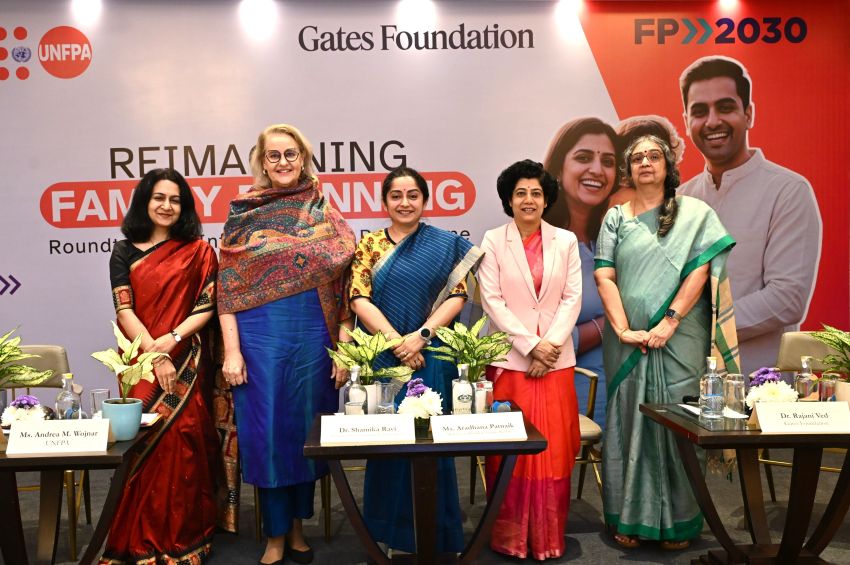

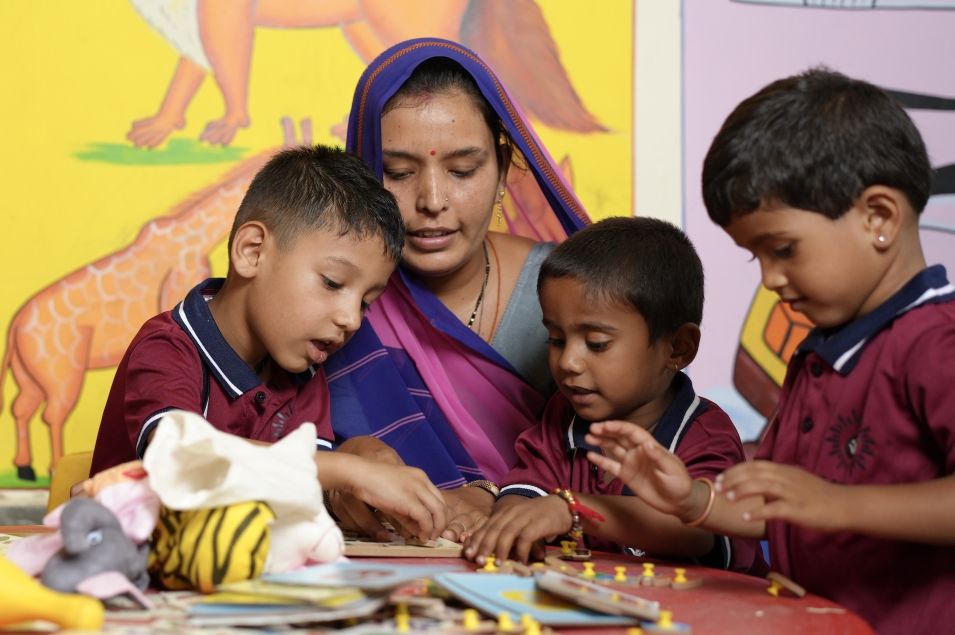
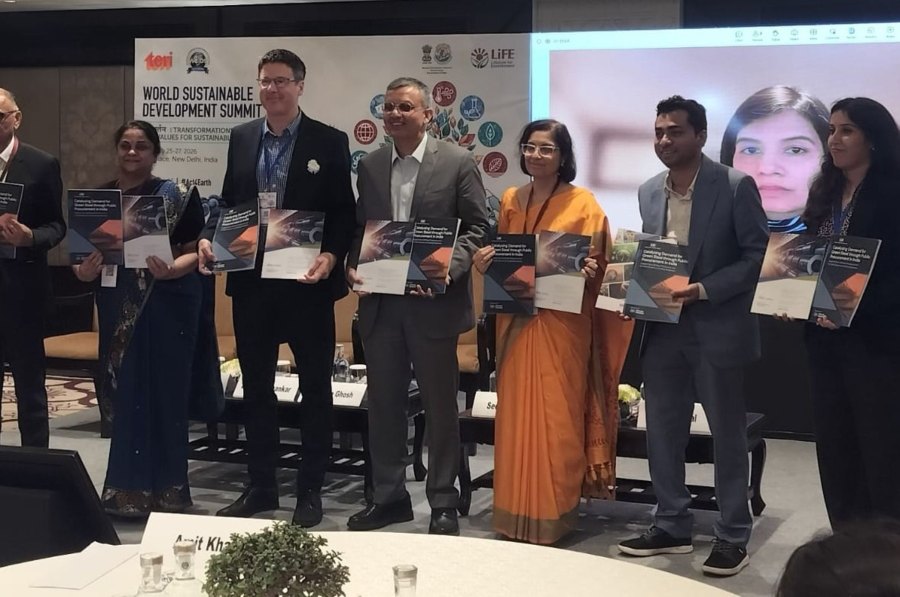
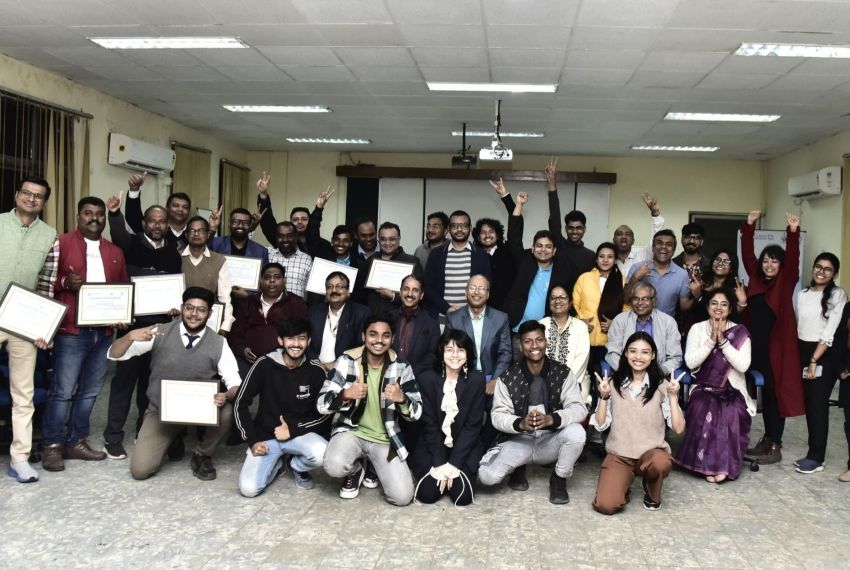
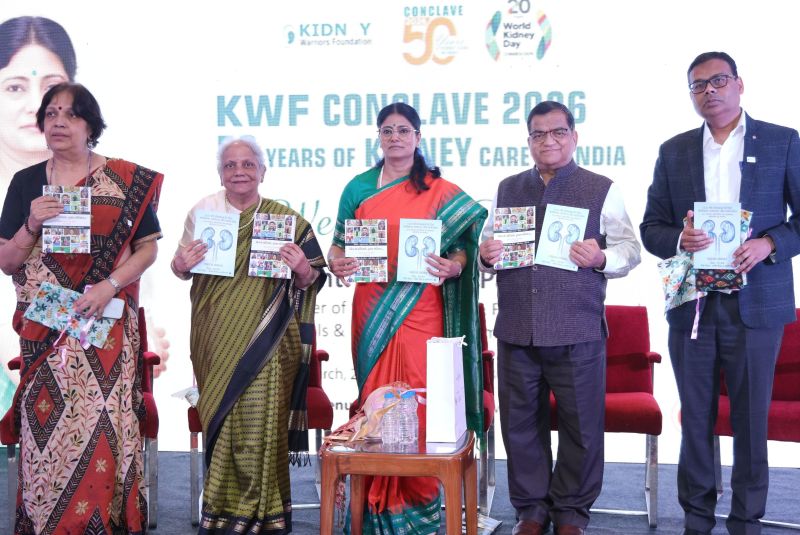
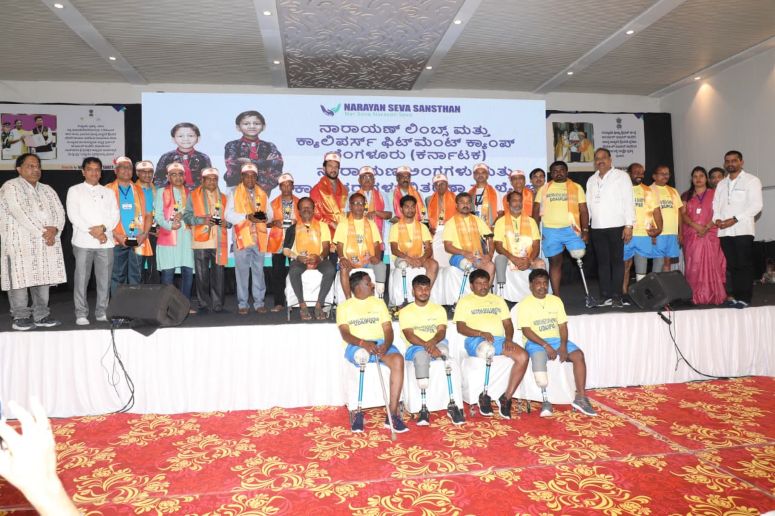
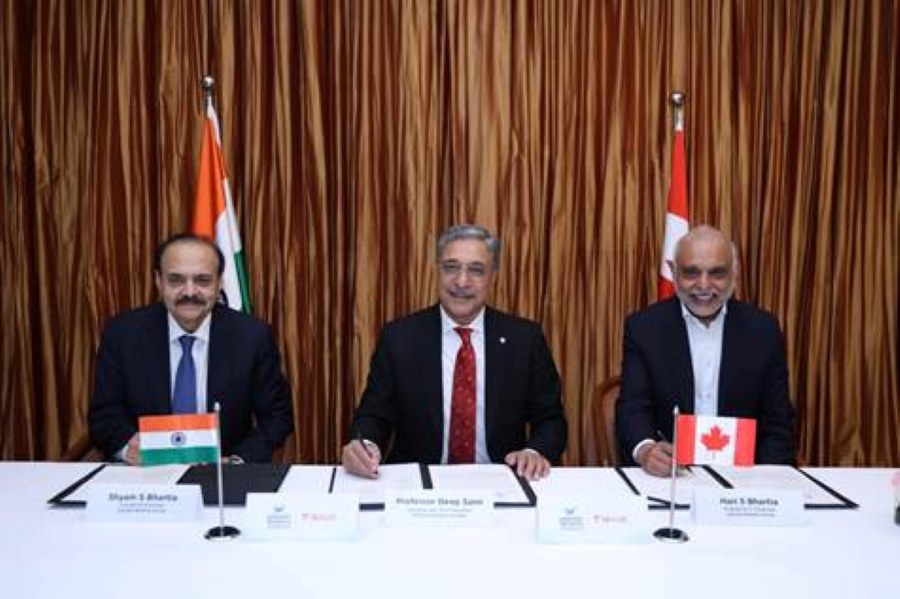
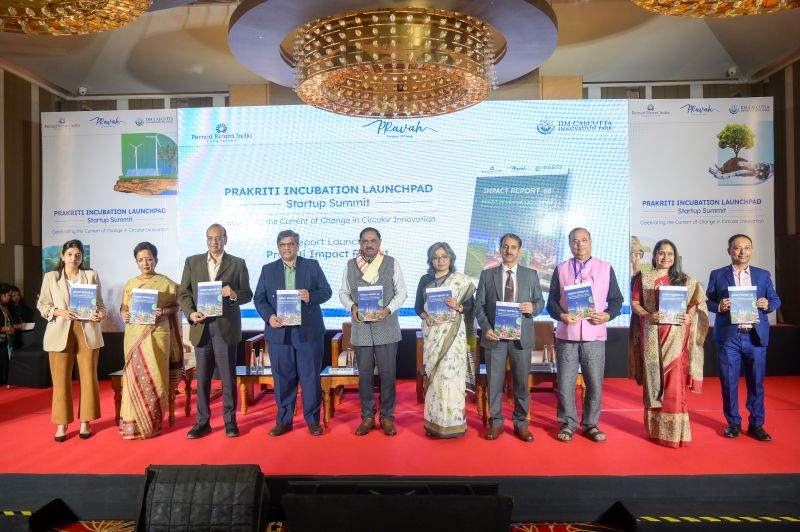
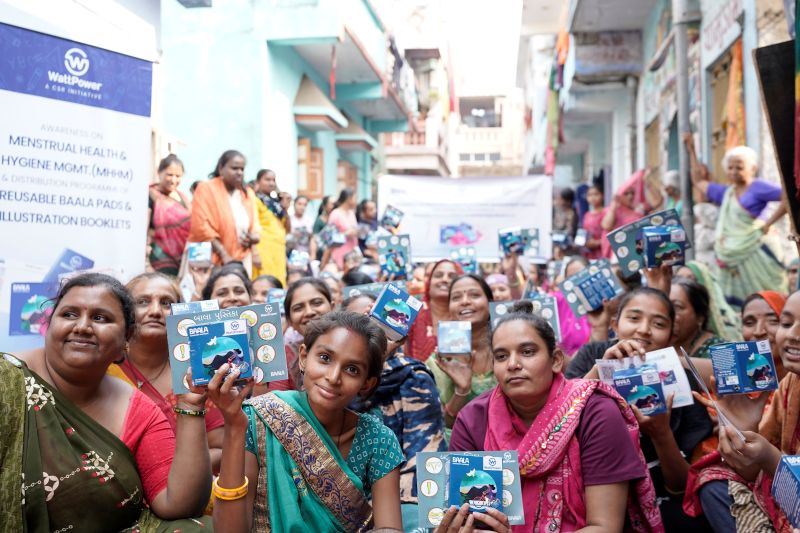
.jpg)








